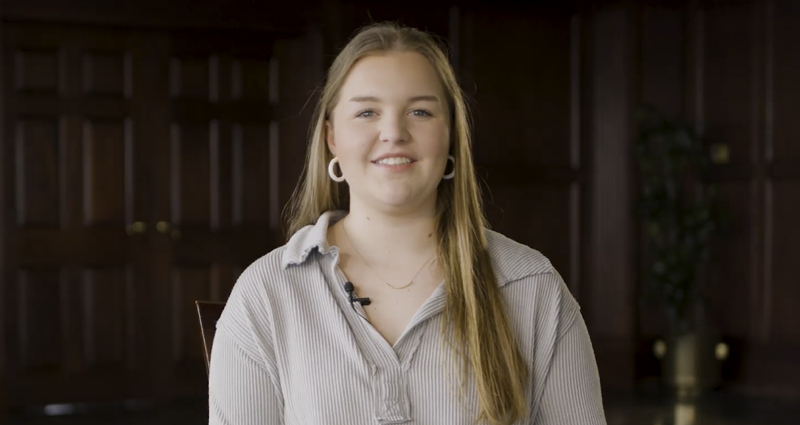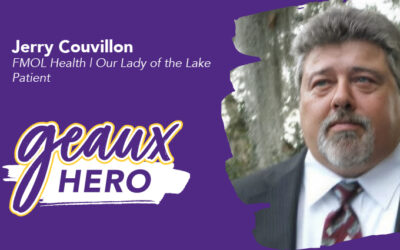At 18 years old, Katie Arrington was like any other freshman at Mississippi State University — excited for the future, balancing classes and new experiences, and spending as much time as possible outdoors doing what she loved.
A passionate bowhunter and artist from Inverness, Mississippi, Katie never expected that she would face a life-threatening medical emergency that would change her perspective forever.
A Normal Day Turned Upside Down
It started as an ordinary morning. Katie had come home to rest after sorority recruitment and was out running errands when she began experiencing what she thought was just another migraine — something she had dealt with for years. But this time, it was different. The pain was unbearable.
“I just felt very weird. It was the worst pain of my life,” Katie says. “We thought it was just a migraine. No symptoms that screamed ‘stroke.’”
But it wasn’t just a migraine.
A blood clot had formed in Katie’s basilar artery, cutting off critical blood flow to her brain. As her symptoms worsened — disorientation, confusion, slurred speech — her parents rushed her to St. Dominic Hospital in Jackson.
Life-Saving Care at St. Dominic Hospital
The decision to go to St. Dominic’s proved to be lifesaving. Within 40 minutes of walking through the hospital doors, Katie was undergoing an emergency procedure to remove the clot. Thanks to the swift actions of the St. Dominic Comprehensive Stroke Center team, she survived what could have been a devastating stroke.
“I turned a lot of heads in the waiting room,” Katie says. “But everyone was so nice, and they answered every question I had.”
Later, doctors discovered the likely cause of her stroke: a previously undetected patent foramen ovale (PFO), a hole in the heart that is supposed to close at birth but remains open in about one in four people. Most never know they have it, but for Katie, it allowed a blood clot to reach her brain.
One month later, William Crowder, MD, cardiologist at St. Dominic’s, closed the hole in a minimally invasive procedure, ensuring this wouldn’t happen again.
A New Perspective on Life
Surviving a stroke at such a young age has given Katie a fresh outlook.
“I probably wouldn’t be here today if I had gone to my small-town hospital first,” she says. “St. Dominic’s worked wonders.”
Her recovery has come with challenges — adjusting to blood thinners, missing out on some of her favorite hunting trips due to the cold and facing the emotional weight of what she’s been through. But Katie is resilient.
“I woke up in the hospital alone, unable to see, and it was terrifying. But the doctors and nurses were incredible. They helped me understand everything, step by step,” she says.
In January, she returned to school at Mississippi State for her first in-person classes since the stroke. It’s a new chapter, one filled with gratitude and a determination to live life to the fullest.
“I was cracking jokes after it all — it’s how I cope,” she says. “Life is slowly getting back to normal. It’s going to be different this time around, but I’m excited.”
Recognizing the Signs and Seeking the Right Care
Katie’s story is a powerful reminder that strokes don’t just happen to older adults. They can happen to anyone. Knowing the signs and seeking care immediately can make all the difference.
St. Dominic Hospital’s expert stroke team and advanced technology ensured Katie got the treatment she needed in time.
A stroke can change everything in an instant. But with the right care, survival and recovery are possible. Just ask Katie.




